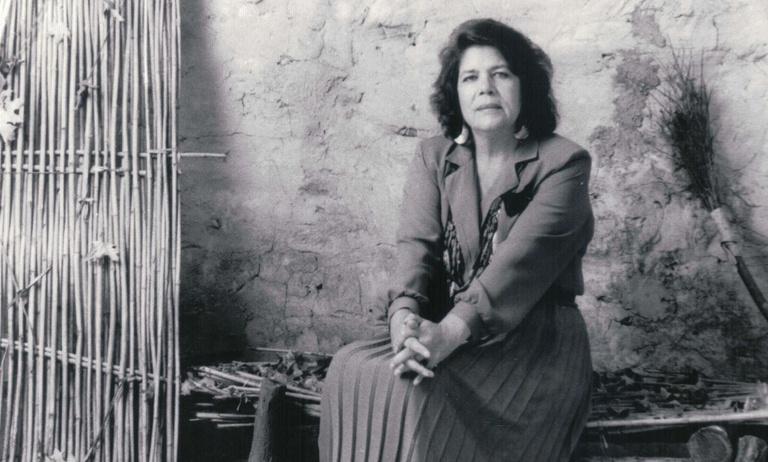Wilma Mankiller
March is Women’s History Month! The Cardinal will honor, observe and celebrate the vital role of women in American history.
March 12, 2021
Wilma Pearl Mankiller was born on November 18, 1945, and was an American Cherokee activist, social worker, community developer and the first woman elected to serve as Principal Chief of the Cherokee Nation. Born in Tahlequah, Oklahoma, she lived on her family’s allotment in Adair County, Oklahoma, until the age of 11, when her family relocated to San Francisco as part of a federal government program to urbanize Native Americans. After high school, she married a well-to-do Ecuadorian and raised two daughters.
Inspired by the social and political movements of the 1960s, Mankiller became involved in the Occupation of Alcatraz and later participated in the land and compensation struggles with the Pit River Tribe. For five years in the early 1970s, she was employed as a social worker, focusing mainly on children’s issues.
In the fall of 1976, Mankiller was hired by the Cherokee Nation as an economic stimulus coordinator. With her expertise at preparing documentation, she became a successful grant writer, and by the early 1980s was directing the newly created Community Development Department of the Cherokee Nation. As Director she designed and supervised innovative community projects allowing rural citizens to identify their own challenges and, through their labor, participate in solving them. Her project in Bell, Oklahoma was featured in a movie, and her project in Kenwood received the Department of Housing and Urban Development’s Certificate of National Merit.
Her management ability came to the notice of the incumbent Principal Chief, Ross Swimmer, who invited her to run as his deputy in the 1983 tribal elections. When the duo won, she became the first elected woman to serve as Deputy Chief of the Cherokee Nation. In 1985, when Swimmer took a position in the federal administration of the Bureau of Indian Affairs, she was elevated to Principal Chief, serving until 1995.
When she retired from politics, Mankiller returned to her activist role as an advocate working to improve the image of Native Americans and combat the misappropriation of native heritage, by authoring books including a bestselling autobiography, Mankiller: A Chief and Her People, and giving numerous lectures on health care, tribal sovereignty, women’s rights, and cancer awareness.
She died on April 6, 2010 from pancreatic cancer, and was honored with many local, state and national awards, including the nation’s highest civilian honor, the Presidential Medal of Freedom.


